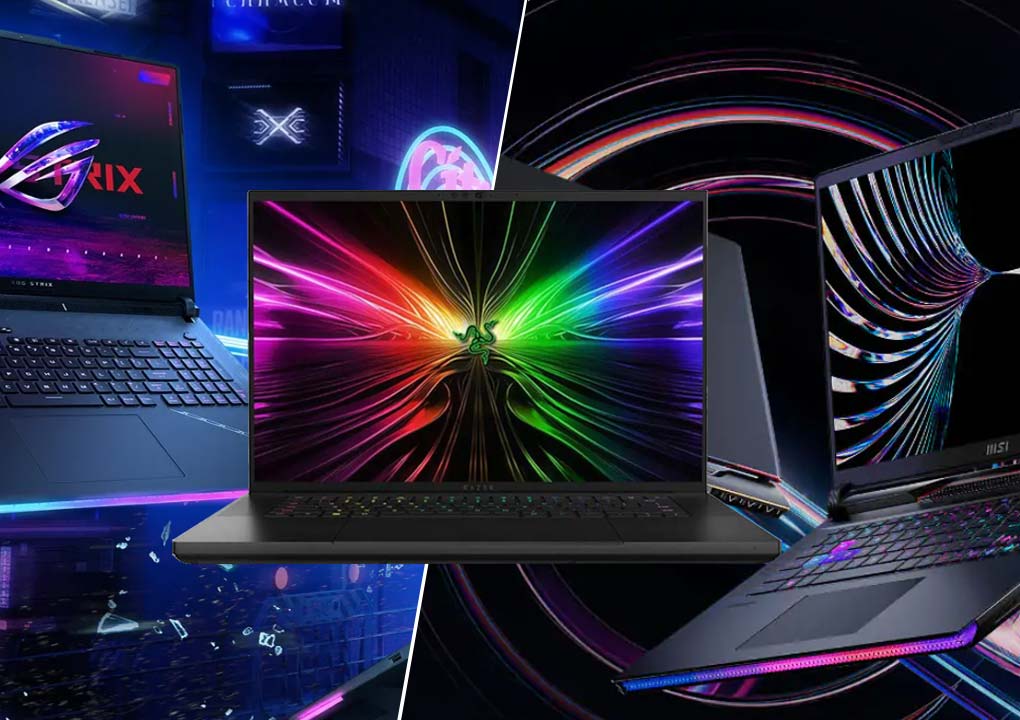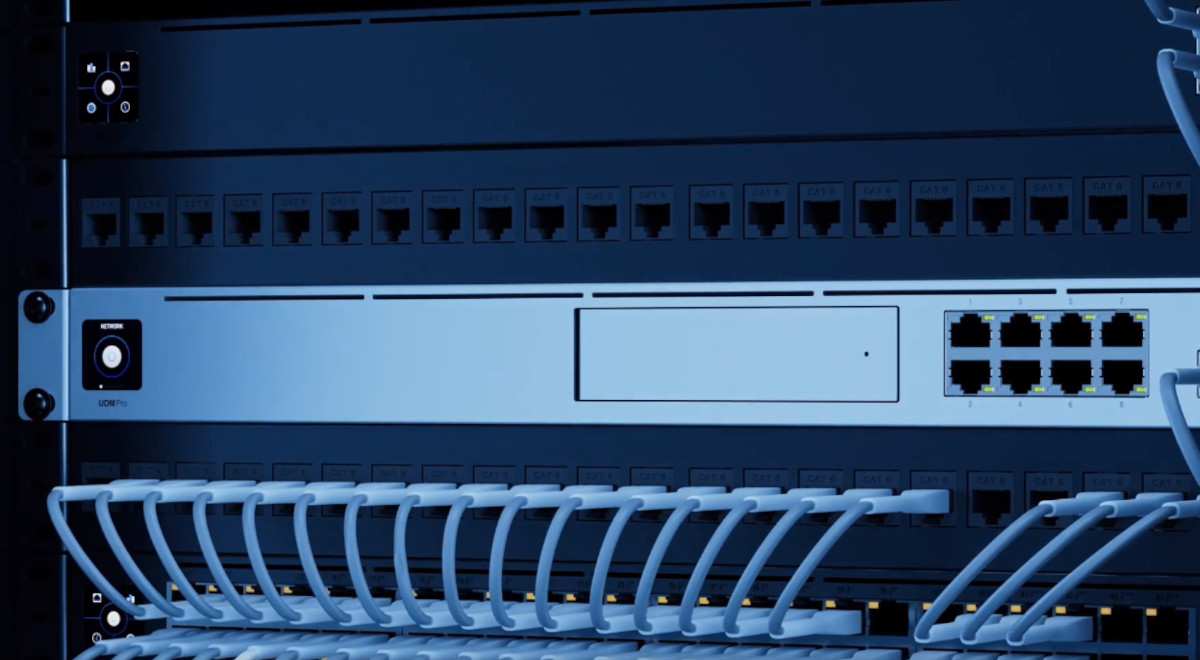Mesh Networking with TP-Link: Extending Coverage for a Smoother Connection

With mesh networking by TP-Link, A whole-home WiFi network is created from complementary devices that join together as one, with easy-to-follow instructions. You can set it up in no time.
TP-Link offers two types of mesh networking solutions: Deco and OneMesh. Deco is a new system comprising several units you can place about your home to provide the best possible seamless Wi-Fi connection.
OneMesh is an economical choice that lets you turn your existing router and extenders into products with OneMesh capability.
These two solutions can be configured and managed through the TP-Link Tether app or web interface. Mesh networking can be used to add Wi-Fi where its reach does not extend, reducing interference and increasing the speed and stability of network links throughout your home.
You will also have features like a guest network, parental controls and QoS.
In this article, we will take a much deeper look into both TP-link models available in 2023, moving into 24. We’ll look at the technology and features on offer and let you decide what suits you best. It should be insightful if nothing else, so let’s take a look…
The TP-Link Deco Mesh Networking System
Wi-Fi Spec
Depending on the model, Deco supports Wi-Fi 6 and Wi-Fi 5 standards. For instance, Deco X60 is an AX300 system that delivers up to 3000 Mbps of speed. An AC1300 system offers speeds up to 1267Mbps.
Number of Antennas/Removable
The four internal antennas in each Deco unit are not removable. An array of antennas amplifies the signal to cover larger directions and areas.
Ports
The Deco units all have one or two Gigabit Ethernet ports, depending on the model. Ports support both WAN and LAN connections, while an optional Ethernet backhaul can be used to increase or stabilise network performance.
Processor/Memory/Storage
Deco units have different processor, memory and storage specifications depending on the model. But for instance, Deco X60 has a quad-core 1GHz processor and 4GB of memory with G, while Deco M5 includes the firmware as part of its packages.
WiFi Chip
Different WiFi chips are used in Deco units, depending on the model. Deco X60, for instance, uses the Qualcomm Networking Pro 400 chip, whereas Deco M5 employs the Qualcomm IPQ4019.
Peak 802.11ac Performance
The peak 802.11ac performance of Deco units also varies depending on the model and distance factor. For instance, Deco X60 can reach up to 622.1 Mbps at 5 meters.
Range
Range varies by model and number of units. A three-pack Deco X60 system can cover 7,00 sq.ft., while a three-pack Deco M5 system covers up to 5,5oo sq. ft.
TP-Link One Mesh
TP-Link OneMesh is an affordable and flexible choice that lets you build your entire home Wi-Fi network using the existing router or extenders from TP-Link.
So here are some of the main specs and features of OneMesh:
Wi-Fi Spec
OneMesh is compatible with either Wi-Fi 5, depending on the model. Take Archer AX20, for example. This is an AC1800 router that supports speeds up to 1,85 Mbps, while RE30 is a wireless extender capable of providing rates as high as 96 Mbit/s.
Number of Antennas/Removable
The two or four internal antennas of OneMesh devices are not removable. The antennas provide wider coverage of directions and large areas as an array.
Ports
Different OneMesh devices have one or two Ethernet ports, depending on the model. The ports are compatible with WAN or LAN connections and can optionally be connected to Ethernet backhaul for faster, more stable network performance.
Processor/Memory/Storage
The processor, memory, and storage specifications are also different for OneMesh devices. For instance, the Archer AX20 boasts a quad-core 1.5GHz processor and 256MB of memory with 16MB of storage space; the RE300 contains only one core at its modest speed.
WiFi Chip
According to the model, OneMesh devices use different WiFi chips. For instance, Archer AX20 is equipped with the Broadcom BCM6750 chip, while the RE30 Uses QCA9563 from Qualcomm.
Peak 802.11ac Performance
Peak 802.11ac performance varies depending on the model and distance with OneMesh devices.
The Mesh Network Arena
Mesh networking is expected to experience rapid growth going forward--it provides enhanced coverage, stability and security for applications including smart homes, smarter cities and industrial automation.
By 2027, the global mesh networking market estimation is it will be valued at:
$12.7 billion. With a compound annual growth rate (CAGR) of 8 % year-on-year from 2023
Its value in terms of revenue seems even higher If you take into account how fastly adopted the Internet of Things (IoT) devices are, and the mounting demand for high-speed and low-latency network connectivity, as well as the escalating need for scalable but economic networks are all significant factors that spur niche market growth.
SUMMARY
When you think of networks and routers, you think of TP-Link as the company that pops into your head straight away They have become synonymous with home and business connectivity. Their R&D is still great, and so is their innovation. So we look forward to 2024 and to what they bring to the table.












